Parenting is not an easy task. A study also shows that parental mistakes, such as being overprotective, directly affect children’s behavior, even later in life. And while parenting requires devotion, some mistakes can still occur that will resonate later in life.
We understand that parents go out of their way to provide everything for their children. But sadly, there are some things that can have negative consequences later on. And some of them are so subtle that we think you should know about them beforehand.
Keeping Your Child In A Permanent Comfort Zone

It is no wonder that parents love to keep their children comfortable. Parents often make decisions to keep their children safe, even in situations where the child has to struggle to be self-sufficient.
Making sure your child is always used to being in their comfort zone can make an adult fearful of making their own decisions or taking risks, which can be important for their later career.
Not Sticking To Your Words And Promises
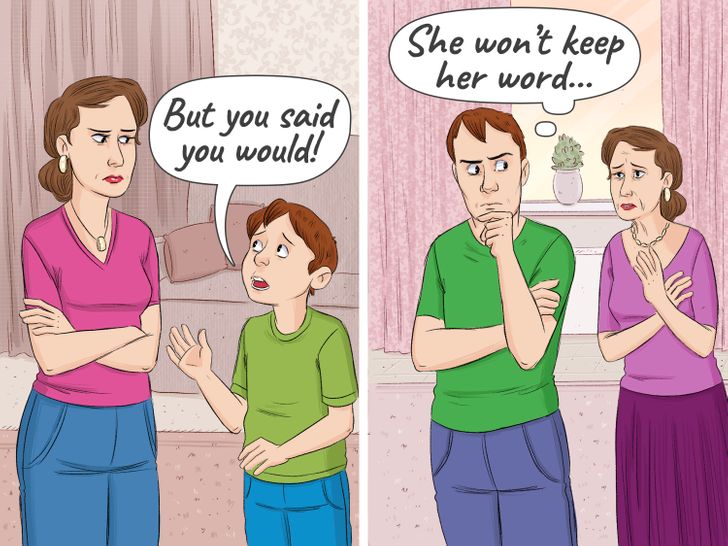
One study found that children feel they must keep their promises. They also expect others to keep their promises. That said, there are situations where parents promise rewards or actions to a child that are not kept. This can make a child think that their mother or father is acting forgetful or even inconsistent.
This can create an adult with confidence issues or inclined to focus on immediate and safe pleasures rather than expecting long-term rewards.
Not Encouraging Curiosity
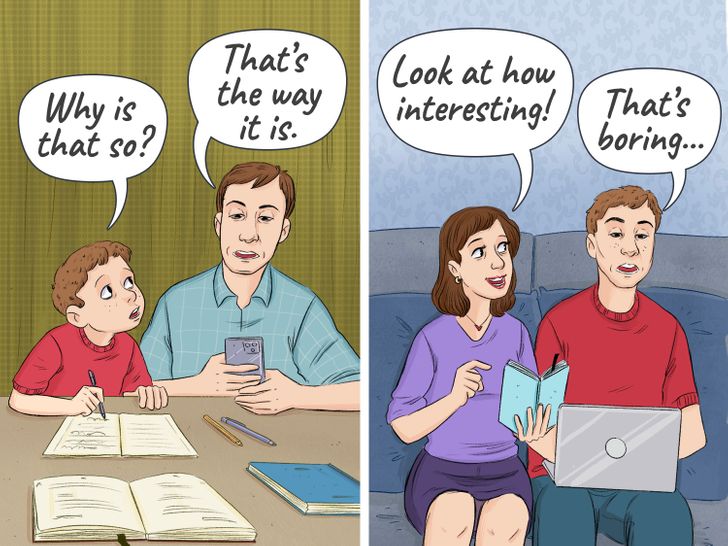
Children are eager to learn. For a child, the world is a place to discover and nature itself will raise many questions. The first to be questioned, of course, will be the parents. But sadly, sometimes, due to a crazy daily routine, the answer to a question like: “Why does it rain?” might be, “That’s just the way it is.”
This type of response can seem like a cut-off to a child’s curiosity and can discourage them from indulging in critical thinking. Later in life, this can result in an adult not interested in science or understanding how things work.
Not Apologizing To Them
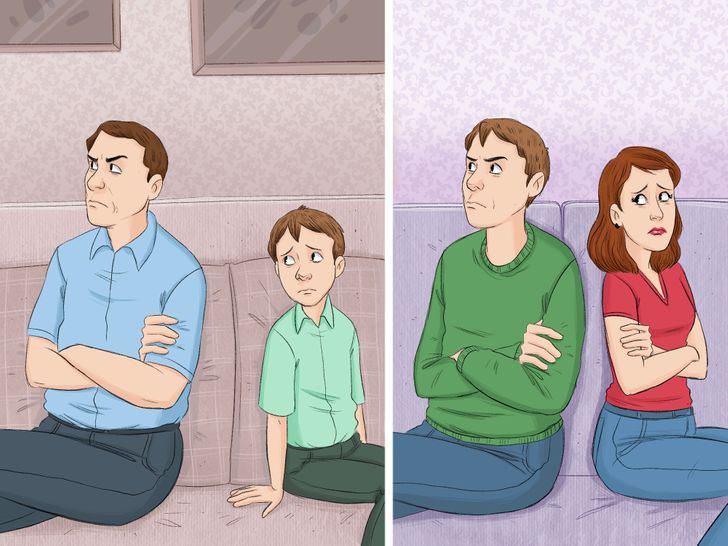
If you’re a parent, you’ve probably scolded your kids in a stressful time or overreacted in a situation that was simple. In cases like this, it’s important to take a moment to calm down and sincerely apologize.
Take a deep breath and talk to your child, explaining why you were wrong. Set an example by acknowledging your emotions and saying you’re sorry.
Not doing this when you are clearly wrong can create the image of someone who does not care about other people’s feelings or who does not recognize mistakes. This can result in an adult ignoring the feelings of others and not caring about reestablishing meaningful relationships (even if they may be the wrong ones).
Suppressing Your Child’s Emotions
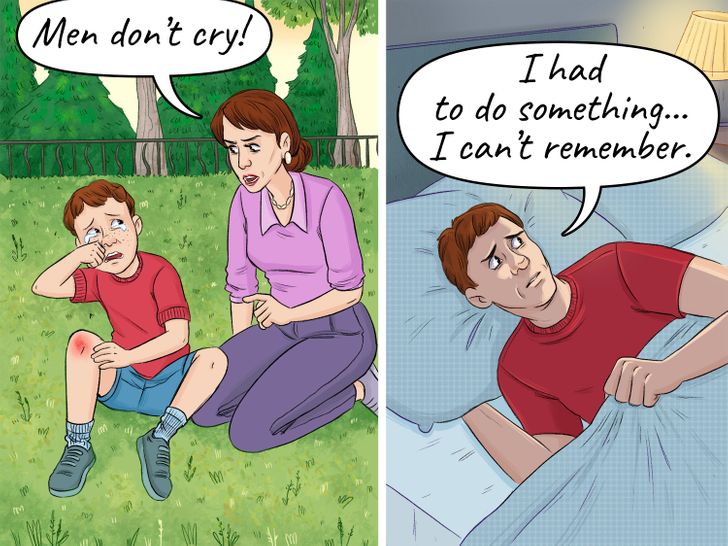
What parents need to understand is that using discipline to ensure their children’s behavior is one thing and taming their emotions is an entirely different beast. Parents should also avoid playing down their children’s emotions by saying things like “Men don’t cry” or “Don’t be so dramatic” and so on.
Suppressing a child’s emotions can affect cognitive functions, such as memory. To create a healthy adult, always make sure not to suppress but to understand their feelings.
Not Accepting Their Thoughts
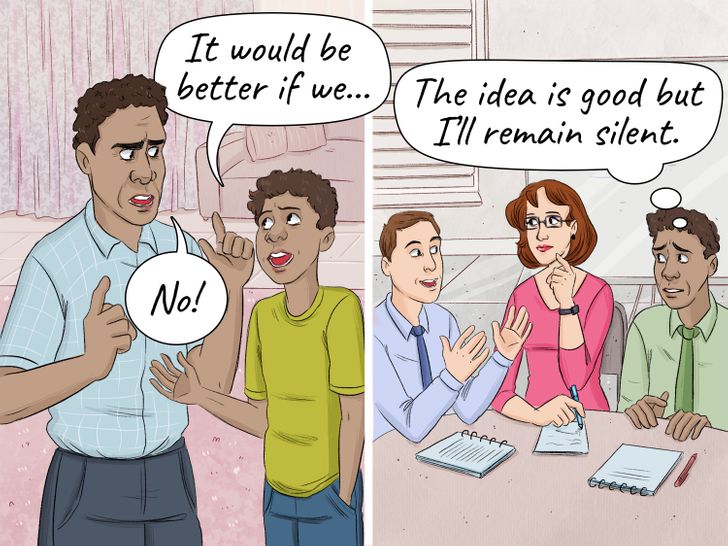
Some parents end all arguments or demands with “because I said so.” They will not acknowledge the opinion of their children on an issue that involves them. Parents should remember that giving their children a voice to express their opinions is a way to feel empowered and responsible for their own decisions.
Ignoring this can result in an adult refraining from expressing themselves or feeling like they have nothing important to add.
What parenting mistakes do you think have the biggest impact on parenting? have you tried any of them? If you have children, what is the one mistake you tend to distrust?









